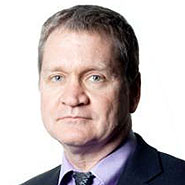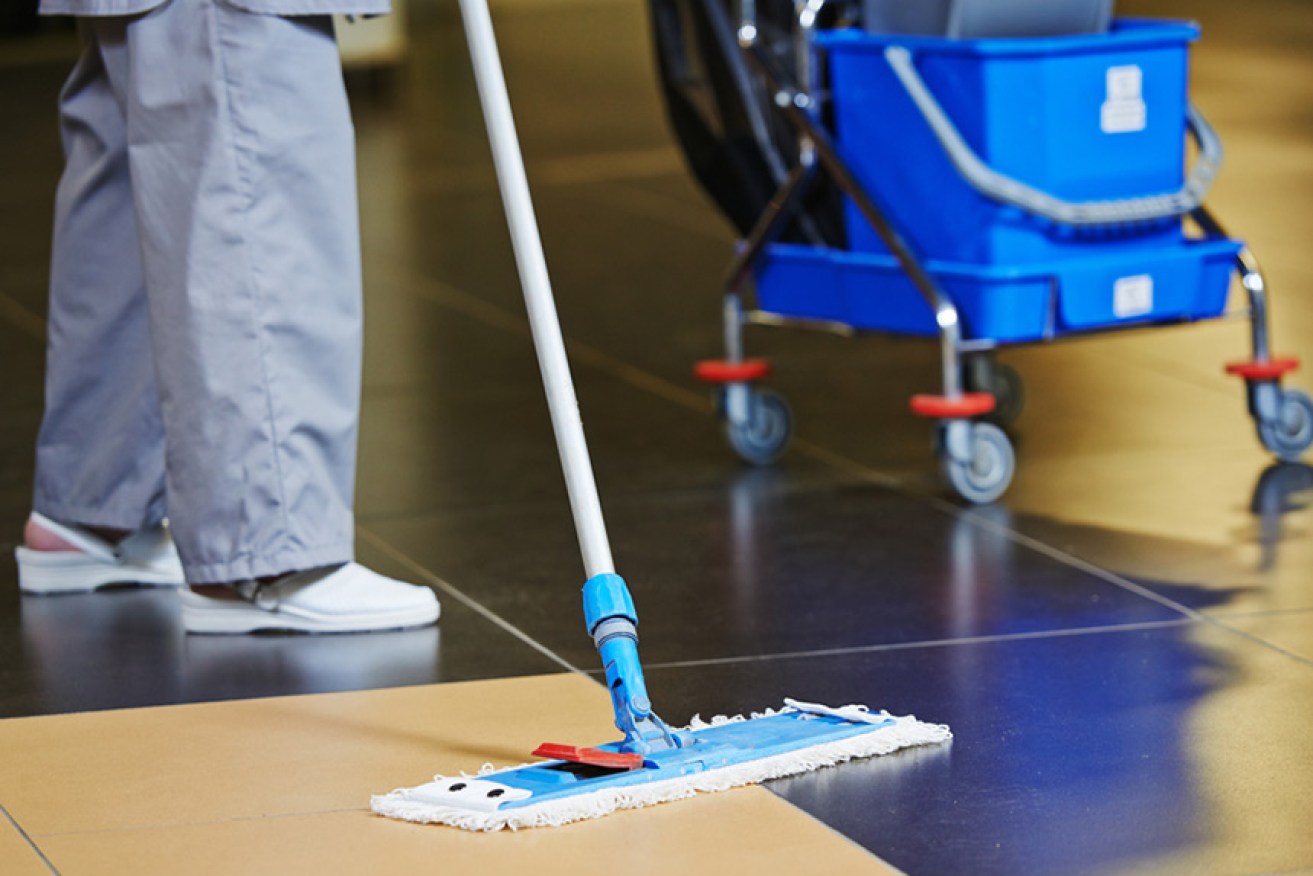Protecting workers relies on sorting IR fact from fiction


There’s something about industrial relations in Australia that encourages the Chicken Little syndrome.
Take the annual review of minimum wages. Every year, the ACTU puts in a claim which is on the high side, while arguing that the low-paid are already struggling to make ends meet.
Every year, the employer groups say their members will be ruined, along with the national economy, if the irresponsible claim is granted.
• Rob Burgess: why the minimum wage is only half the problem
• New inquiry puts minimum wage in the spotlight
• Tony Abbott warming to minimum wage changes
In most years, the national workplace tribunal, the Fair Work Commission, comes down somewhere in between. The expert review panel by the commission president, Iain Ross, hears the arguments and then makes a call.
Now the Abbott government’s inquiry into the national IR system is getting underway and everything, seemingly, is up for grabs. The minimum wage, penalty rates and unfair dismissal laws will all be considered by the Productivity Commission.
Much of the coverage of the review centred on the electoral impact of the Abbott government seeking a mandate at the next election for significant IR changes when it was already on the nose with voters.
But The Age’s economics editor, Peter Martin, took a refreshing approach by noting that hard evidence to support lowering minimum wage is hard to find and that our safety net was “as Australian as vegemite”.
The conventional wisdom has been that lower minimum wages will mean more jobs. But Martin noted a shift in opinion in the US and UK, where many economists no longer argued that higher minimum wages cost jobs.
Indeed, here’s a collection of research papers pulled together by economists Justin Wolfers and Jan Zilinsky which argues that higher minimum wages help boost productivity because they encourage workers to work harder.

Nobody can accuse cleaners of cleaning up on wages.
The Productivity Commission traditionally favours the free-market, but the current chairman Peter Harris appears to be less of a true believer in labour market deregulation than his predecessor, Gary Banks.
In announcing the inquiry, the Productivity Commission tried to walk both sides of the street. On one hand, it pledged to “bust myths” about Australia’s workplace arrangements, while taking account of the “human social elements of what is at stake”.
But Harris insisted the approach will be “evidence-based” when tackling important issues like penalty rates for working at nights, on weekends and public holidays.
Well, this economic evidence is considered in depth by the Fair Work Commission’s expert panel in its annual review of minimum wages.
The expert panel pronounced in last year’s ruling:
The Panel’s view continues to be that modest minimum wage adjustments lead to a small, or zero, effect on employment. What is considered to be a modest minimum wage adjustment will depend upon the prevailing circumstances.
It’s true that Australia’s wage is high compared to other OECD countries. But so what? Do we want café workers relying on tips to make a living?
Besides, the ratio of our minimum wage to median earnings has been shrinking for some years. That is, those relying on the minimum wage and on award wages have seen their relative earnings fall, reducing their standard of living.
Then consider the case of penalty rates where anecdotal evidence is often cited to support to remove loadings, particularly for working on weekends.
But can the employers muster hard evidence that cutting penalty rates will boost employment?
In a test case last year, the Fair Work Commission ruled that lower-skilled restaurant workers should be paid a total 50 per cent loading for working on Sunday, down from 75 per cent.
This group of workers had previously been paid a 25 per cent casual loading on top of 50 per Sunday shift penalty, which “tended to over compensate them for working on Sundays and is more than required to attract them to work on that day”.
But the majority ruling said a large proportion opened on Sunday and only a small amount of them did not open “because of penalty rates”.
Indeed, the ruling noted that “employment in the restaurant industry has consistently grown strongly over the last two decades”.
The employer push to reduce penalty rates – focused on hospitality and retail workers – will be argued again later this year in a mammoth case which will have almost 200 witnesses and 100 hearing days.
Again, that case will be decided on evidence, rather than anecdote.
Mark Skulley is a freelance journalist who is based in Melbourne. He was a reporter for The Australian Financial Review for almost 19 years, which included a decade covering national industrial relations and the world of work. He has since written for The New Daily and other outlets. View all of his columns here.








